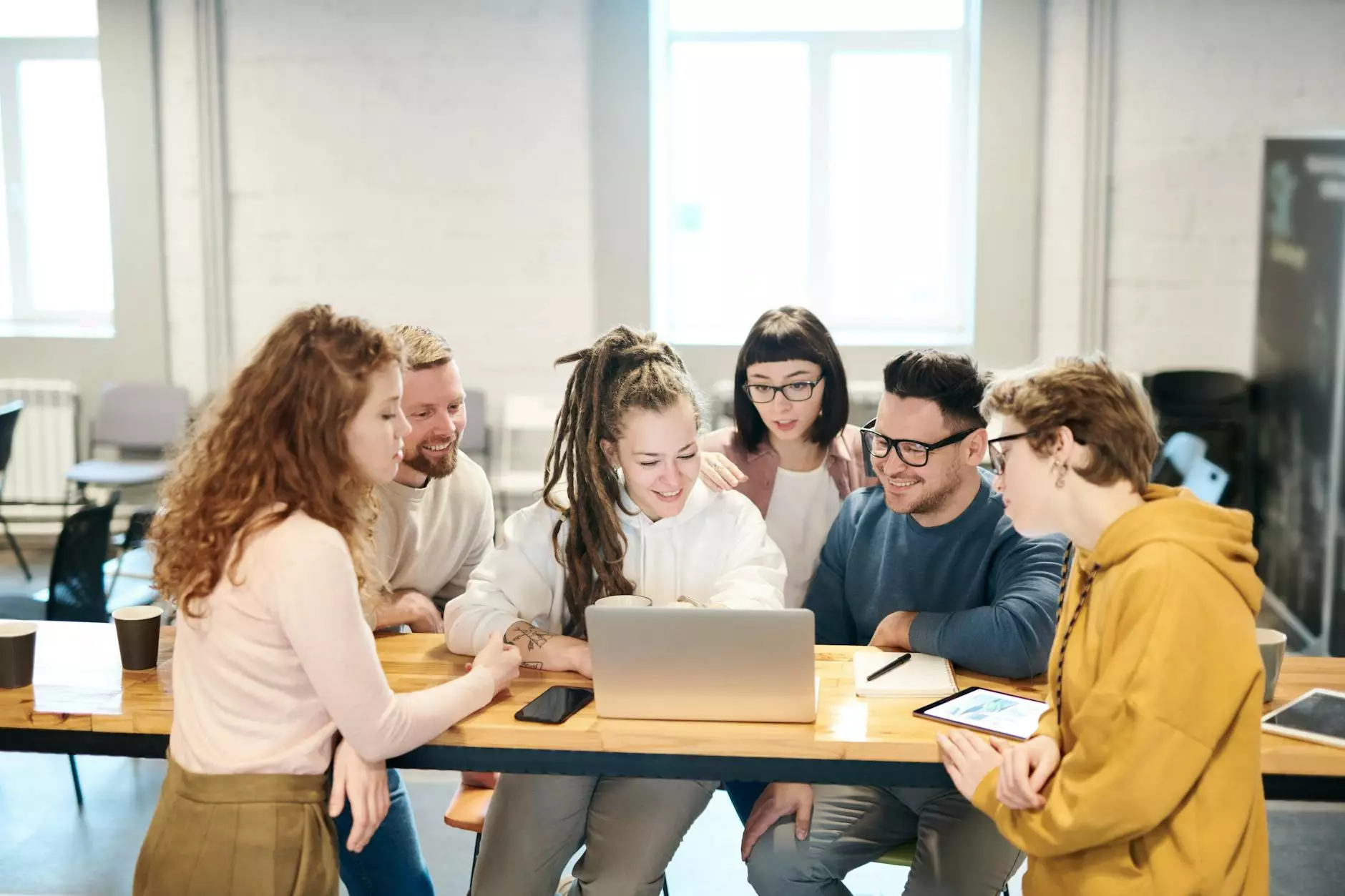Transforming Education through Specialized Services

In today’s fast-paced world, the significance of effective education cannot be overstated. Particularly in the realms of special education and educational services, the need for tailored teaching methodologies has never been more critical. At https://ebclhk.com/, we envision creating a positive and lasting impact on the educational landscape through dedicated and innovative solutions.
The Need for Specialized Education
Every student is unique, with distinct learning styles and needs. This individuality is especially pronounced among those requiring special education services. Stressing the importance of personalized education, this approach offers:
- Tailored Learning Plans: Each student receives a customized educational experience that addresses their specific needs.
- Inclusive Classrooms: Students learn in an environment where differences are embraced, fostering social skills and acceptance.
- Skill Development: Focus on both academic and life skills, preparing students for future independence.
- Supportive Resources: Access to specialized tools and trained professionals enhances the learning experience.
Understanding Special Education Needs
To realize the full potential of each student, it's crucial to comprehend the various special education needs. These may include:
- Learning Disabilities: Challenges in reading, writing, or mathematics that require specific strategies to overcome.
- Autism Spectrum Disorders: A spectrum of conditions that affect communication and behavior, necessitating tailored social and academic support.
- Emotional & Behavioral Disorders: Issues that can impede learning and require specialized interventions.
- Intellectual Disabilities: Lower-than-average cognitive functioning which affects educational performance and requires appropriate accommodations.
Innovative Strategies in Education
Successful learning experiences are often the result of innovative strategies employed by educational professionals. Some effective methods include:
- Multi-Sensory Instruction: Teaching techniques that engage multiple senses to enhance memory and learning.
- Assistive Technology: Tools that aid learning, such as speech-to-text software, audiobooks, and interactive educational apps.
- Collaborative Learning: Group work that promotes peer interaction and support among students, enhancing their social and academic skills.
- Progress Monitoring: Regular assessment of student progress to adjust teaching methods and ensure successful learning outcomes.
The Role of Educators
Educators play a pivotal role in implementing strategies tailored to meet the needs of special education students. Their responsibilities encompass:
Creating Individualized Education Programs (IEPs)
Each student requiring special education deserves a well-structured IEP. This document details:
- The student’s current level of performance
- Specific educational goals tailored to the student
- Strategies and resources needed to achieve these goals
- Methods for tracking progress
Building Constructive Relationships
Successful educators foster strong relationships with students, parents, and support staff. Collaboration leads to better outcomes through:
- Open communication with families
- Involvement of specialists when necessary
- Networking with other educators for shared strategies
Continuous Professional Development
For educators, staying informed on the latest trends and methodologies is vital. Professional development opportunities allow them to:
- Enhance their skills and knowledge
- Understand new technologies and techniques
- Exchange ideas with peers and specialists
- Implement research-based practices in their classrooms
The Impact of Educational Services on Students
The effect of specialized educational services on students is profound. These services are designed not just for learning but for holistic development, including:
- Increased Engagement: Custom strategies heighten student interest and motivation.
- Improved Academic Performance: Tailored methods lead to better understanding and retention of material.
- Social Skills Development: Opportunities for interaction help build essential life skills.
- Confidence and Independence: Success in learning fosters a sense of achievement in students.
Community and Parental Involvement
Engagement from the community and parents is critical in supporting students with special education needs. Here’s how:
- Educational Workshops: Offering training and resources for parents to better support their children at home.
- Advocacy Groups: Establishing networks where families can share experiences and strategies.
- Volunteer Programs: Community members can contribute time and resources to create enriching environments.
Future Directions in Education
As the landscape of education evolves, so do the approaches and technologies associated with teaching. Future advancements may include:
- Personalized Learning Platforms: AI-driven systems that adapt to the individual learning pace and style of students.
- Virtual Reality Experiences: Immersive educational approaches that cater to diverse learning needs.
- Global Learning Communities: Leveraging technology to connect students and educators worldwide for shared learning experiences.
- Focus on Mental Health: Educators increasingly recognize the connection between emotional well-being and academic success, fostering environments that support mental health.
Conclusion: A Call to Action
In conclusion, the importance of specialized educational services cannot be overstated. Every child deserves the right to an education that aligns with their unique needs and abilities. It is imperative for educators, parents, and the community at large to collaborate and innovate in the pursuit of effective educational strategies. By visiting https://ebclhk.com/, you can explore how we are working towards creating an inclusive educational environment that provides every learner with the tools and support they need to thrive.
Join us in this transformative journey in education, where every student is given the opportunity to shine!









